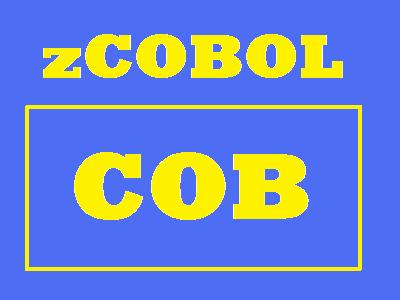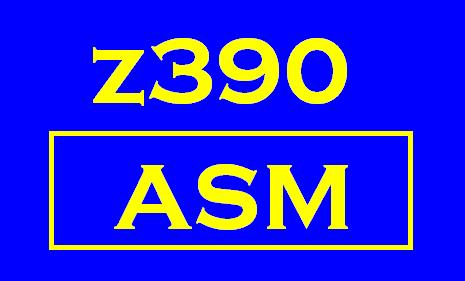
zCOBOL
Portable Mainframe COBOL Compiler
What's New

|
zCOBOL Docs |
zCOBOL Docs |
COBOL Links |
COBOL Links |
|
|
|||
|
zCOBOL is an open source portable mainframe COBOL compiler available as part of the z390 open source portable mainframe assembler for Windows or Linux starting with z390 v1.5.00. You can download z390 and zcobol in InstallShield format for Windows for file image format for Linux from www.z390.org. You will also need the J2SE Java runtime which you can download from Oracle. The latest release of zcobol v1.5.06 has been regression tested with J2SE 6 update 31. Be sure to remove any old obsolete versions of J2SE such as 1.4 or 1.5 which may conflict with current version. Once you have installed z390 with zcobol and J2SE runtime, then you can start the z390 GUI interface or command line interface and enter the following command to compile, link, and execute the COBOL hello world demo on Windows or Linux: ZC390CLG zcobol\demo\HELLO A new demo has been added with zcobol v1.5.06 consisting of a main assembler program CALLCOMP.MLC which calls statically linked zcobol program CALCSUM.CBL to use COMPUTE statement to calculate the sum of 15 different type numeric data fields and return the sum as a packed decimal field for editing and display by main program. The two programs can be compiled, linked, and executed with the following command once z390 v1.5.06 is installed: zcobol\demo\callcomp\CLG.BAT There is an article about this demo titled "Using zcobol COMPUTE to calculate complex expressions for z390 mainframe assembler". The zCOBOL compiler has been developed as a new flexible tool for testing and modernizing COBOL applications without requiring rewriting existing programs. With the recent addition of z390 structured conditional macro assembler extensions, the development of zCOBOL became feasible and continues to evolve. John Hennesy has developed a new zcobol debugging tool call "U" written in zcobol which has been included in z390 v1.5.06. The zcobol compiler translates COBOL source language programs into executable code using the following 3 major components:
|
|||
All zcobol commands start with ZC and are located in the zcobol\bat directory and the z390 root directory for ease of use. All commands require z390 v1.5.00+ and J2SE 6.0+. |
|||
|
|
|||
|
Have you been bored lately? If you know COBOL and assembler or Java, or C there is a job on the zcobol project waiting for you. The pay is poor ($0) but the self actualization rewards can be very satisfying. And there is always the possibility of future paying jobs helping companies use zcobol. Current jobs available include writing COBOL verb macros for currently unsupported verbs including SORT, MERGE. Optimizing the code generation macros to produce more efficient code and optional code based on zcobol options such as TRUNC, R64, etc. In addition major effort is still required to covert the HLASM code generation macros to generated java, C, or MASM. For COBOL programmers there is the constant need to extend the zcobol regression tests written in zcobol which verify that zcobol statements produce the expected results. And finally there is a need to develop documentation on the zcobol project as it evolves. |
|||
|
|
|||